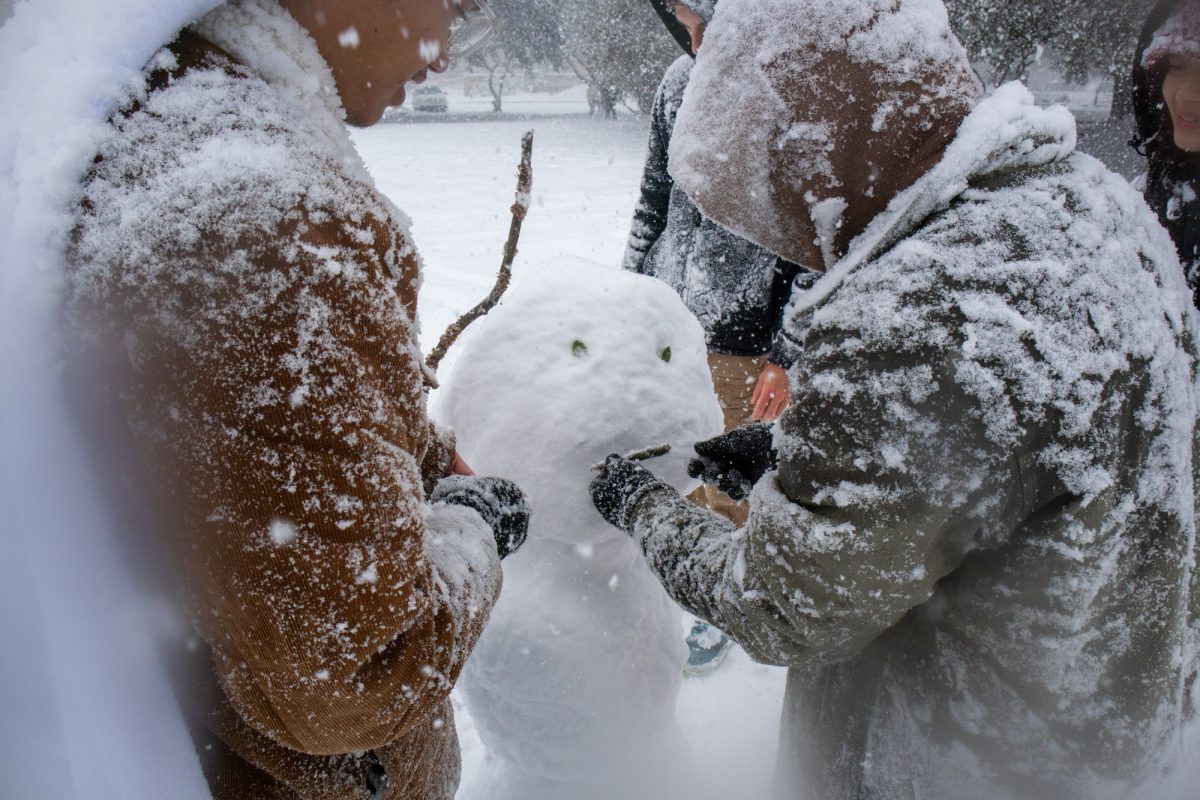The Princeton Review announced Monday it plans to add a “Green Rating” to 600 college profiles in its annual college guides. The rating will be published in July-August 2008 in the 2009 editions of the Princeton Review’s “Best 368 Colleges,” “Best Northeastern Colleges” and “Complete Book of Colleges.” David Soto, who put together the ratings and the questions for the green ratings, said Princeton Review will send administrative surveys that include about 25 green-related questions to the colleges. Soto said the goal of the project is to “highlight schools that are displaying commitment” to improving the economy and to point out schools that still need work. The ratings are broken into three requirements, Soto said. The first is whether the school is economically responsible with school policies. The second asks if the students have a campus quality of life that is healthy and sustainable. The third question asks how well the school prepares students for employment and environmental challenges. Though the ratings are not yet released, the University is already in the process of becoming more environmentally friendly. Maud Walsh, associate professor and undergraduate adviser for the School of Plant, Environmental and Soil Sciences, said the College of Agriculture offers an environmental management systems major. The major provides students with training in social sciences that focus on complex environmental issues. The students can pick from three different concentrations that gives them experience in environmental management. Students with this major will prepare to find jobs in state and federal agencies, environmental consulting firms, and industry, Walsh said. Carl Motsenbocker, horticulture professor, teaches organic gardening every fall semester at the University. Motsenbocker said the class has room for 35 students. The organic gardening class has “mainly non-agriculture majors learning how to garden without synthetic pesticides and fertilizers,” Motsenbocker said. Motsenbocker said there is a community garden on campus a group that meets every Wednesday and grows organic vegetables. The community garden donates some of its produce to Missionaries of Charity and St. Vincent DePaul for their soup kitchens. The University has an environmentally active group on campus called the Environmental Conservation Organization. Megan Sharkey, vice president of ECO, said the group has up to 30 active members that do not just attend the meetings but also volunteer with the projects. There were other environmental groups on campus before ECO became a group about three and a half years ago, Sharkey said. One project ECO is doing is petitioning for a full-time sustainability coordinator job to help the University become more energy – and waste – efficient, Sharkey said. Sharkey explained how a coordinator could help the University become waste-efficient by promoting activities such as having composts for the dining halls. The greatest challenge ECO faces is apathy from students, Sharkey said. In reference to Earth week she said the group is “having a hard time dealing with apathy and getting people to pay attention.” Andres Harris, recycling coordinator for the University, said Facility Services is involved in several projects besides the 106 recycling units located on campus. One of Facility Services’ projects is removing leaves from campus and making compost with the facilities from the Agriculture Center. Facility Services also began a project in January to process the cooking oil from 459 Commons. They are working with the Agriculture Center to process the oil into biodiesel, Harris said.
—-Contact Joy Lukachick at [email protected]
‘Green Rating’ to be added to college guide
April 22, 2008





